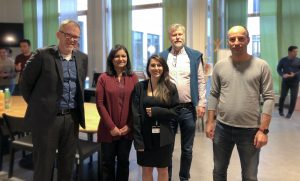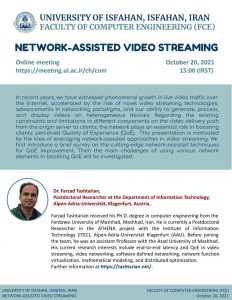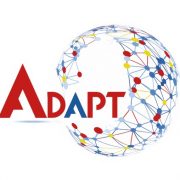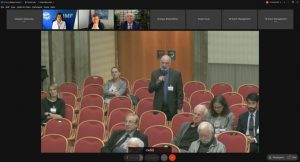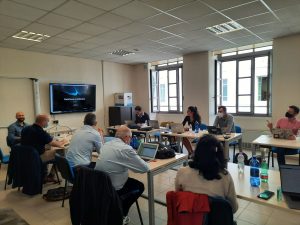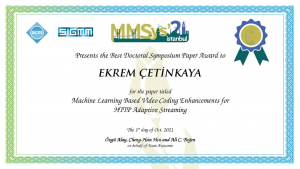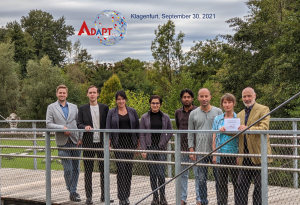Title: Autotuning of exascale applications with anomalies detection
Authors: Dragi Kimovski, Roland Mathá, Gabriel Iuhasz, Fabrizio Marozzo, Dana Petcu, Radu Prodan
Abstract: The execution of complex distributed applications in exascale systems faces many challenges, as it involves empirical evaluation of countless code variations and application run-time parameters over a heterogeneous set of resources. To mitigate these challenges, the research field of autotuning has gained momentum. The autotuning automates identifying the most desirable application implementation in terms of code variations and run-time parameters. However, the complexity and size of the exascale systems make the autotuning process very difficult, especially considering the number of parameter variations that have to be identified. Therefore, we introduce a novel approach for autotuning of exascale applications based on a genetic multi-objective optimization algorithm integrated within the ASPIDE exascale computing framework. The approach considers multi-dimensional search space with support for pluggable objectives functions, including execution time and energy requirements. Furthermore, the autotuner employs a machine learning-based event detection approach to detect events and anomalies during application execution, such as hardware failures or communication bottlenecks.
Keywords: Exascale computing, Autotuning, Events and Anomalies Detection, Multi-objective Optimisation



